If you’ve ever shared your home with a cat, you’ve likely noticed their knack for taking charge. From commandeering the comfiest spots to setting their own schedules, cats have a way of making their presence—and preferences—unmistakably known. Their regal posture and confident strides suggest they believe they’re the true rulers of the roost. But what is it about these whiskered companions that makes them so certain they’re in charge?
They Occupy the Best Spots in the House
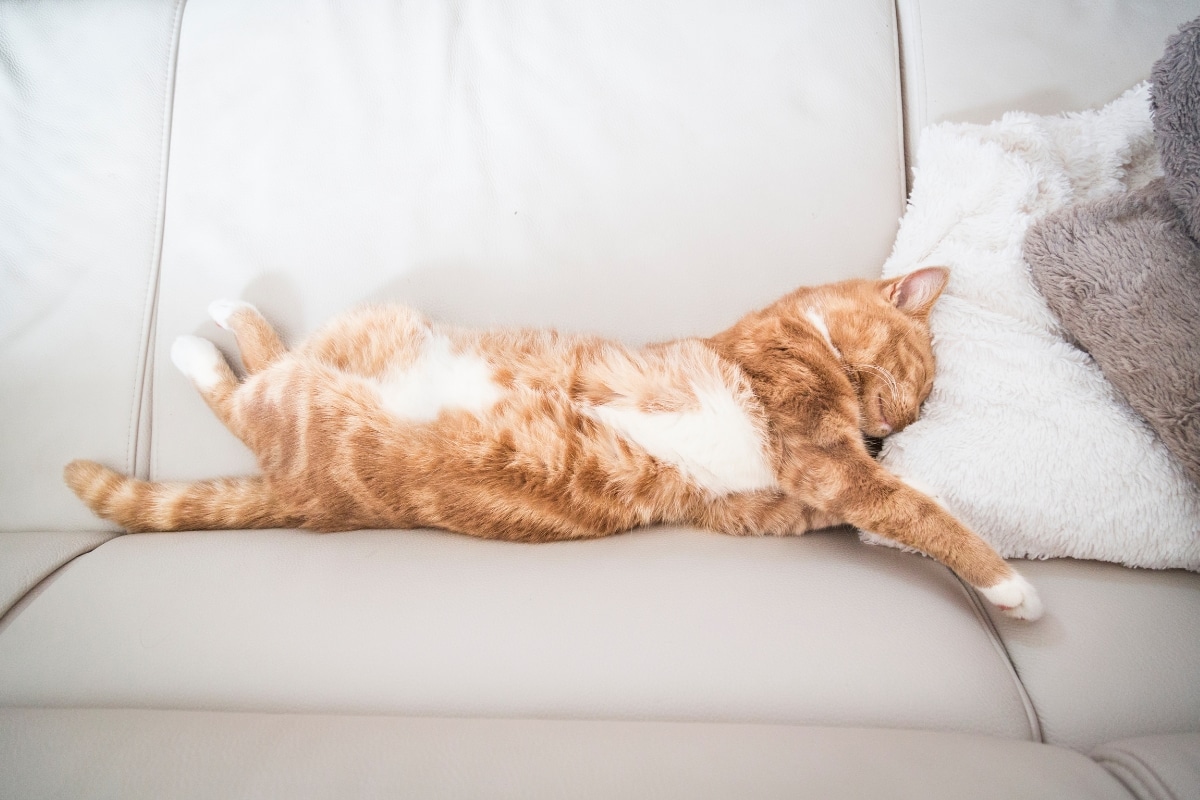
Cats have an uncanny ability to find and claim the most comfortable areas in your home. Whether it’s your favorite chair, the sunny spot on the windowsill, or right in the middle of your bed, they’ll make themselves at home without a second thought. This territorial behavior is their way of asserting dominance and ensuring they’re always in prime position to survey their kingdom.
They Demand Attention on Their Terms
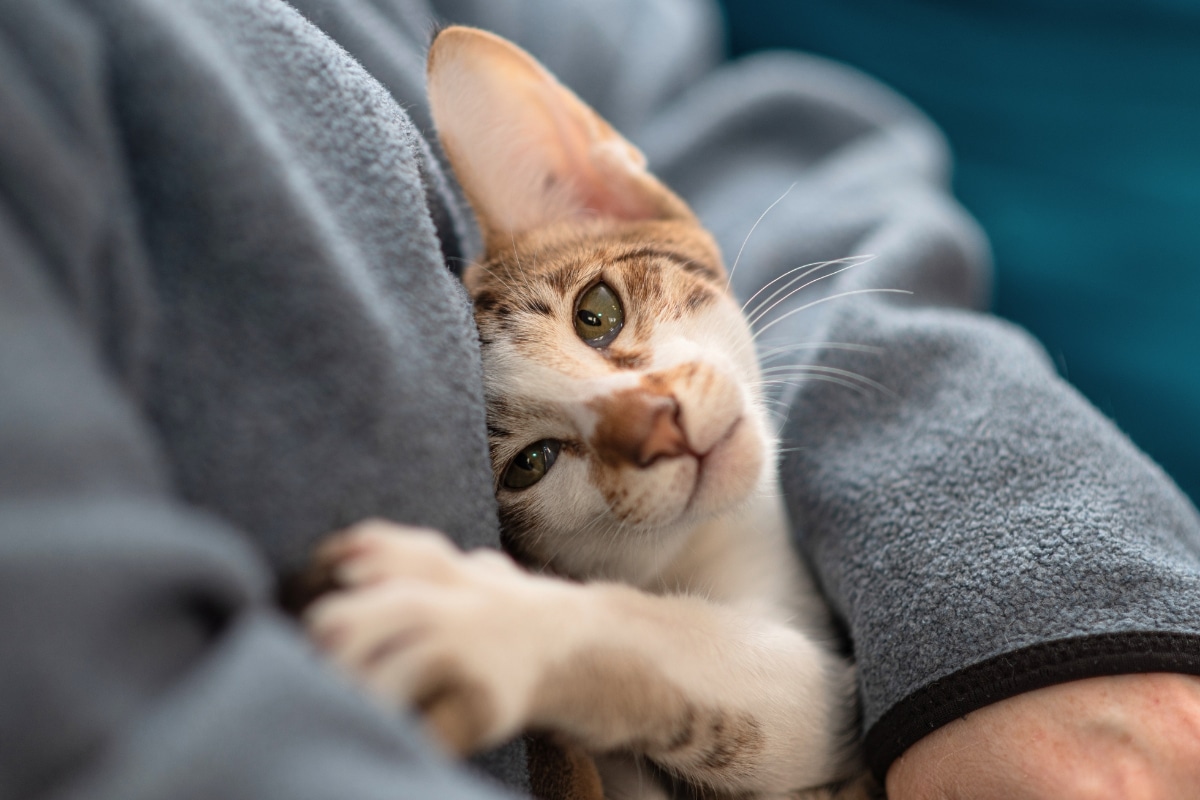
Unlike dogs, cats are notorious for seeking affection only when it suits them. They’ll rub against your legs or jump onto your lap when they desire petting, but might ignore you completely when they’re not in the mood. This selective engagement reinforces their position as the ones who decide when interaction happens.
They Ignore Commands

Try telling a cat to sit or stay, and you’ll likely be met with a blank stare or a flick of the tail. Cats are independent creatures who rarely respond to commands, further emphasizing that they follow their own rules. This disregard for authority showcases their belief that they’re in charge—not you.
They Exude a Regal Demeanor

With their graceful movements and poised posture, cats often carry themselves like royalty. Their elegant strides and aloof expressions give off an air of superiority. This royal attitude reinforces their self-perception as the sovereigns of the household.
They Bring You “Gifts”
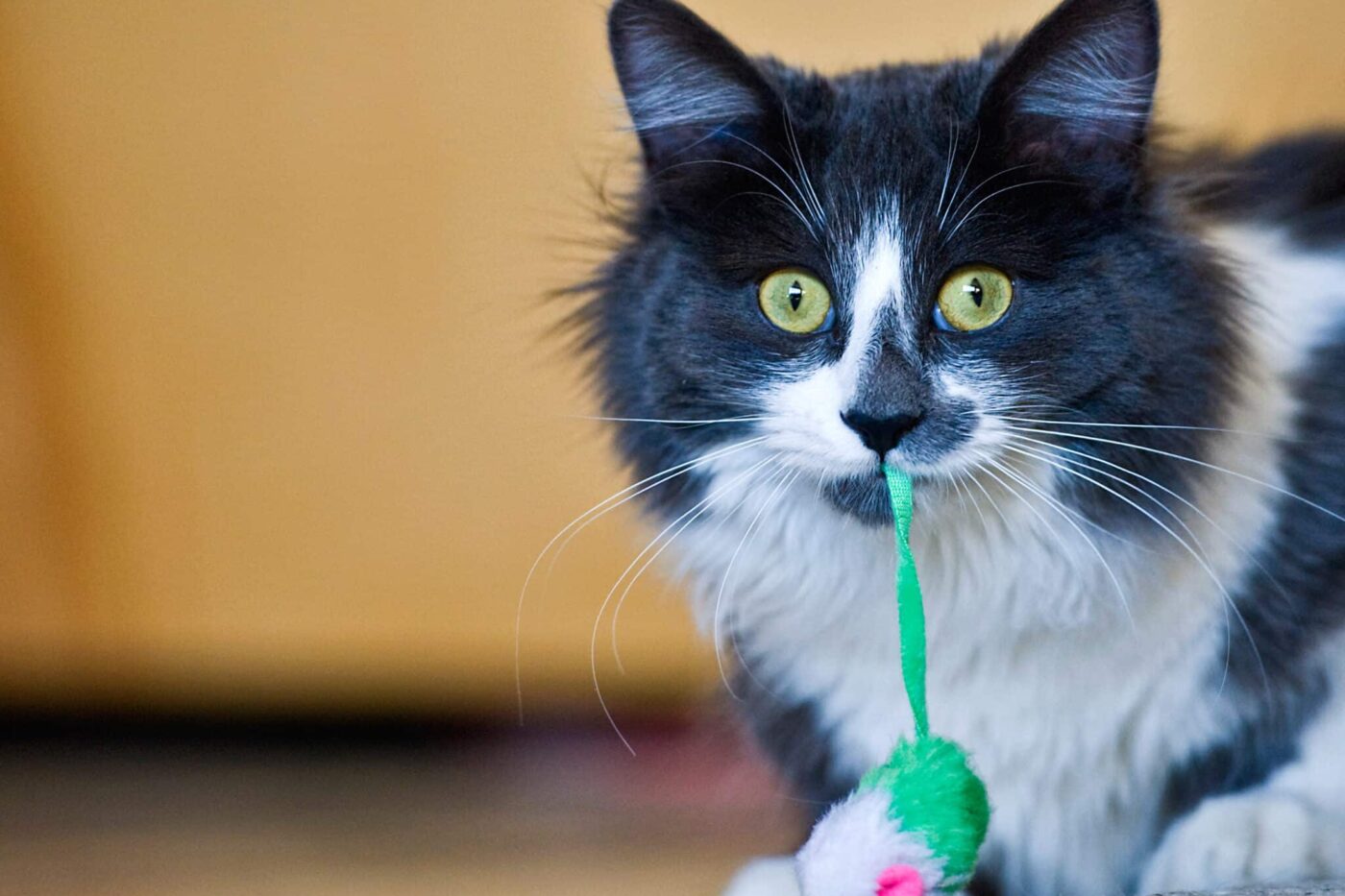
When cats present you with a captured mouse or insect, they’re not just showing off their hunting skills. They’re also demonstrating their ability to provide, subtly suggesting that they are the caretakers—not the other way around. While you might not appreciate the gift, it’s a sign of their confidence in their role as the provider.
They Set Their Own Schedule

Cats sleep when they want, play when they feel like it, and expect meals on their own timetable. This self-determined schedule shows that they don’t adapt to your routine; instead, they expect you to accommodate theirs. Their insistence on following their own agenda is a clear indicator of who’s really in control.
They Train You to Feed Them
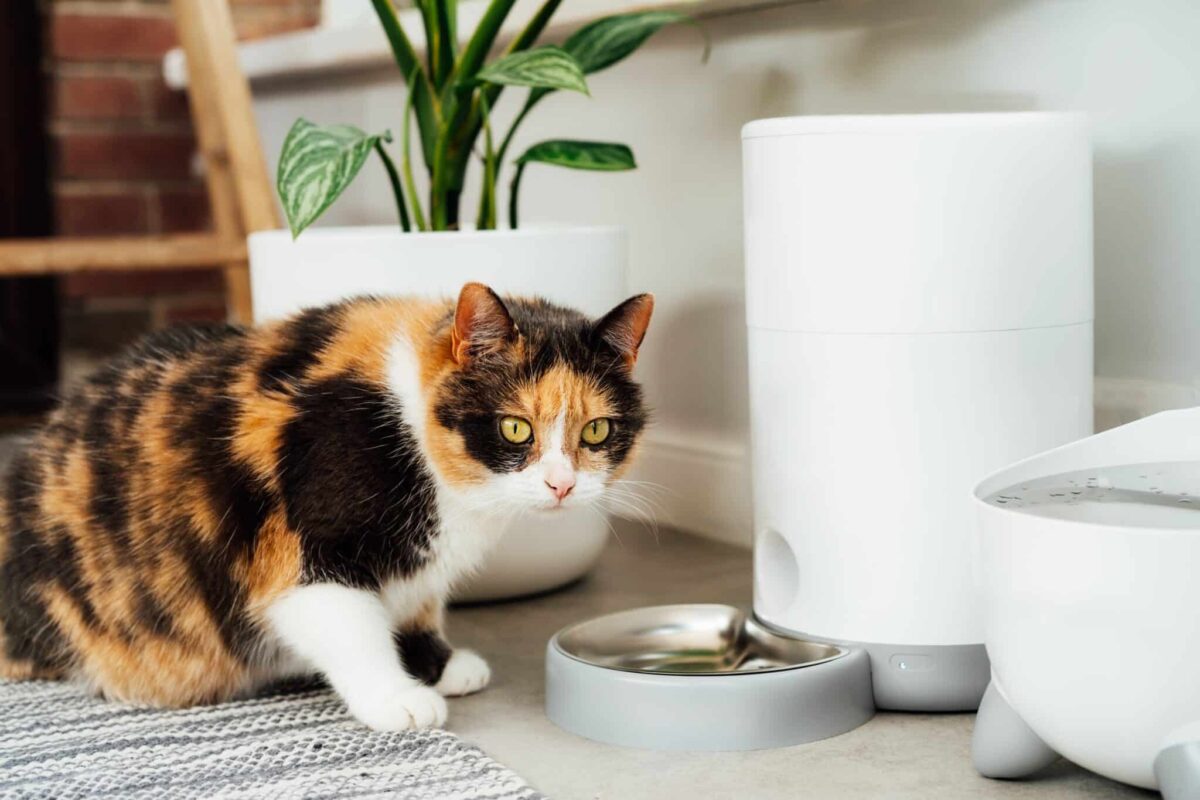
Ever notice how your cat might meow persistently until you fill their food bowl? Over time, they learn that certain behaviors get results, effectively training you to respond to their needs promptly. This role reversal in who is training whom underscores their belief that they’re the ones calling the shots.
They Claim Ownership of Your Belongings

From sitting on your keyboard while you’re trying to work to knocking items off shelves, cats love to insert themselves into whatever you’re doing. This behavior isn’t just about curiosity; it’s a way for them to assert ownership over your possessions. By marking their territory, they’re reinforcing their dominance in the household.
They Wake You Up When They Want
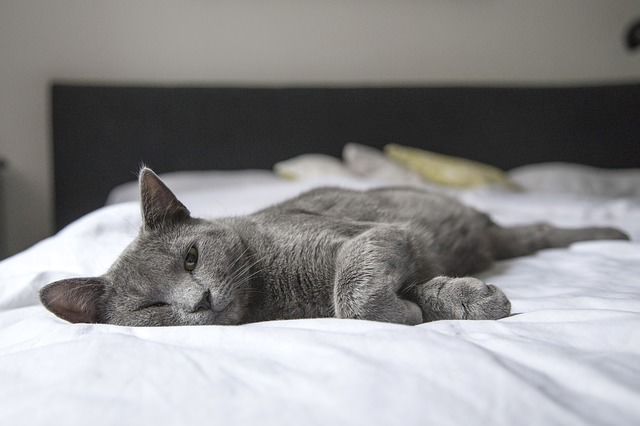
Cats are notorious for interrupting your sleep, whether it’s early morning meowing or walking across your pillow at night. They seem to have no qualms about disturbing you when they need something. This disregard for your sleep schedule highlights their belief that their needs take precedence over yours.
They Give You Disapproving Looks
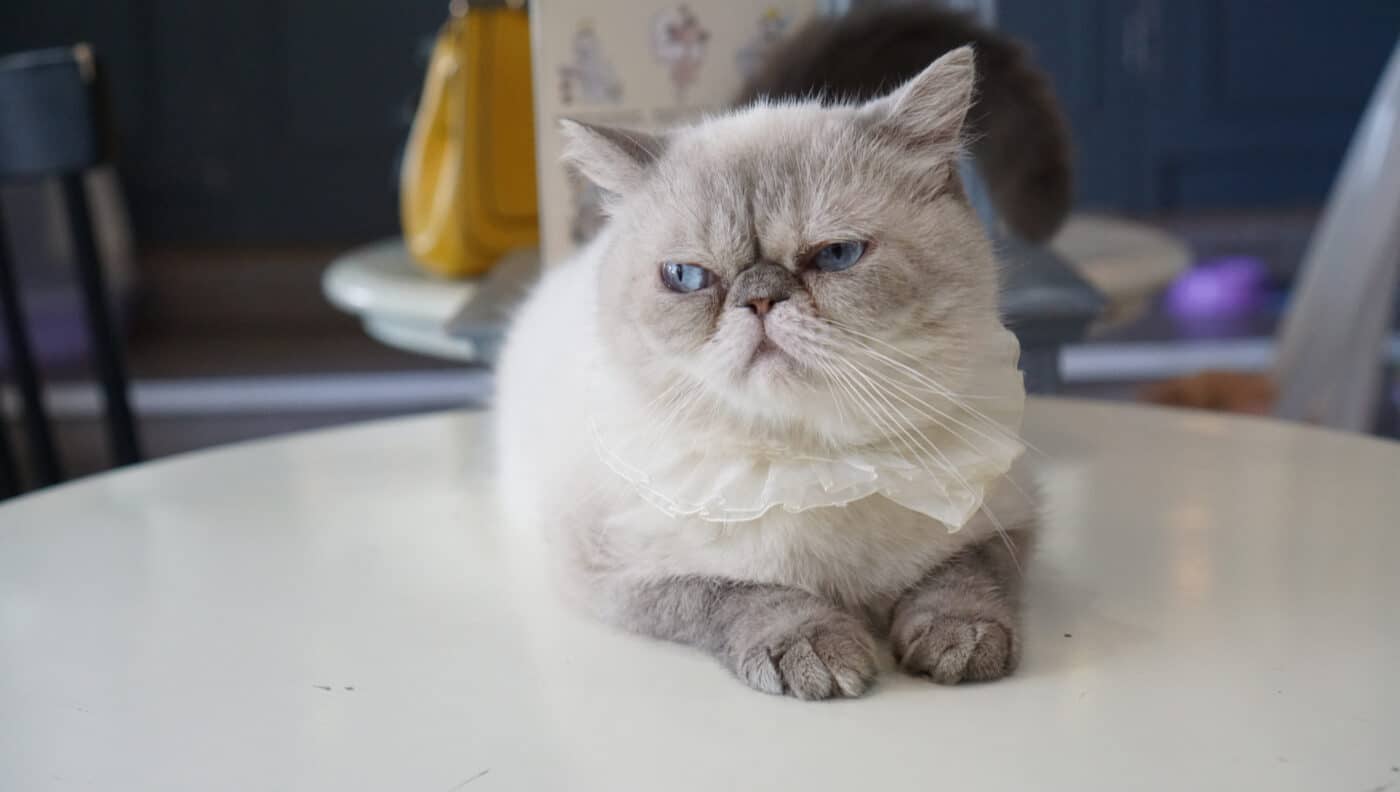
A cat’s glare can say a thousand words, and often, none of them are complimentary. Whether you’re late with dinner or have rearranged the furniture, they’ll let you know their displeasure with a stern look. This judgmental attitude is a clear sign that they consider themselves above reproach.
They Dictate Playtime
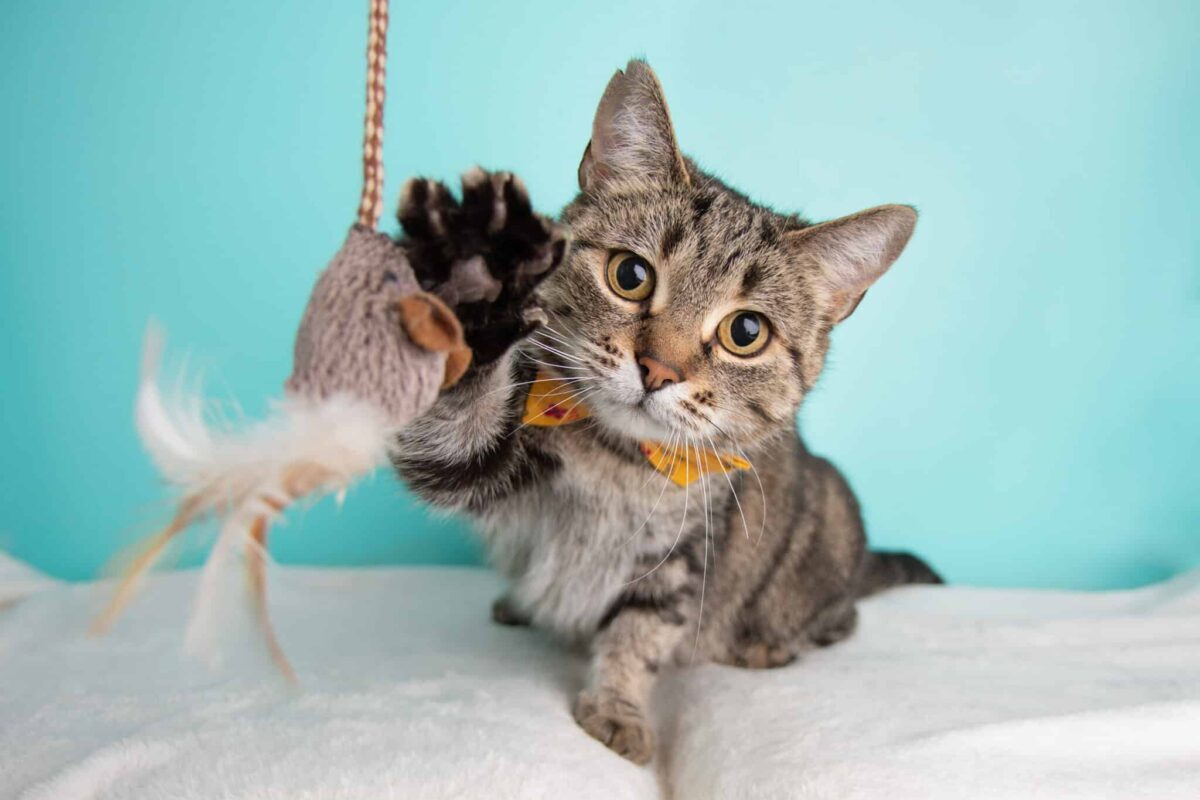
Cats will initiate play when they’re in the mood, often bringing toys to you or pouncing on your feet as you walk by. Conversely, they may ignore your attempts to engage them if they’re not interested. By controlling when and how play happens, they reinforce their dominance over household activities.
They Groom Themselves Meticulously
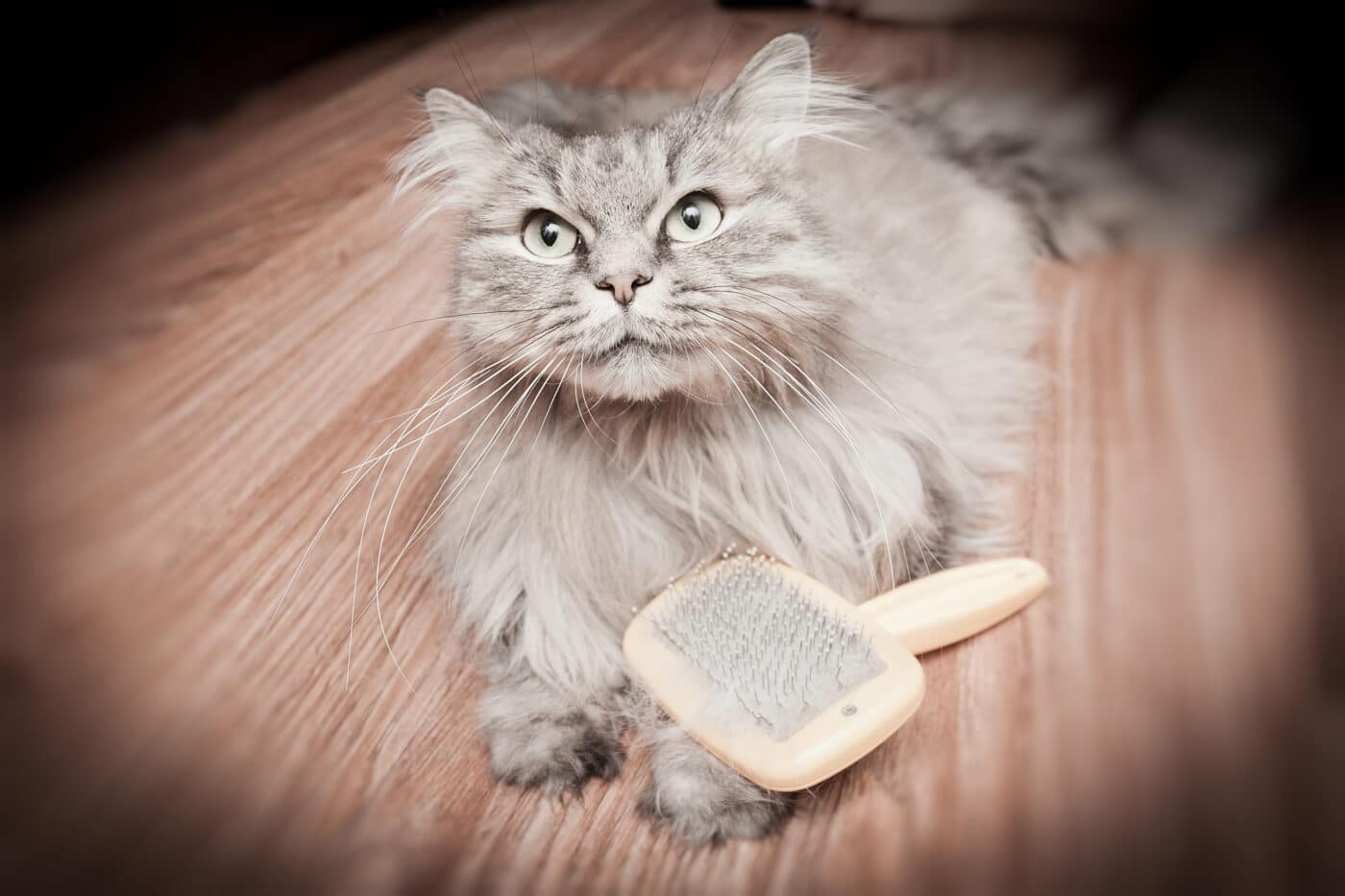
Cats spend a significant portion of their day grooming, maintaining their pristine appearance. This self-care routine not only keeps them clean but also shows their self-sufficiency. Their independence in personal maintenance suggests they don’t need your help, further solidifying their role as the boss.
They Choose High Perches to Observe
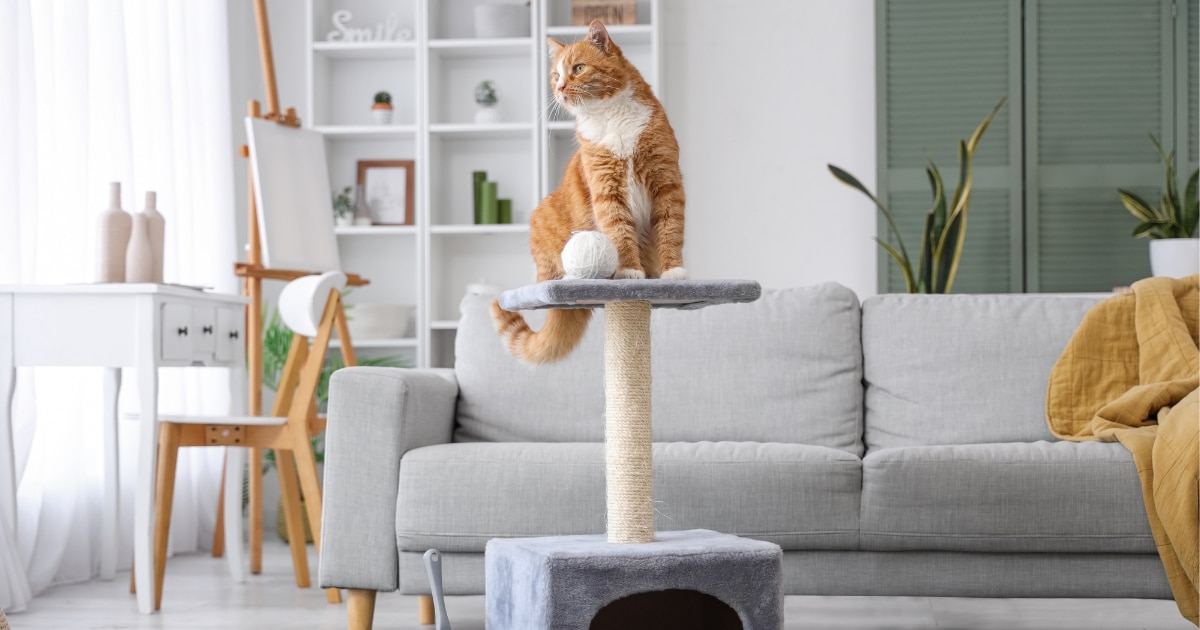
Cats love to climb and often seek out high places like shelves or the top of the fridge to survey their environment. From these vantage points, they can watch over their domain with a keen eye. This literal position of elevation symbolizes their superior status in the household hierarchy.
They Expect Doors to Be Opened for Them
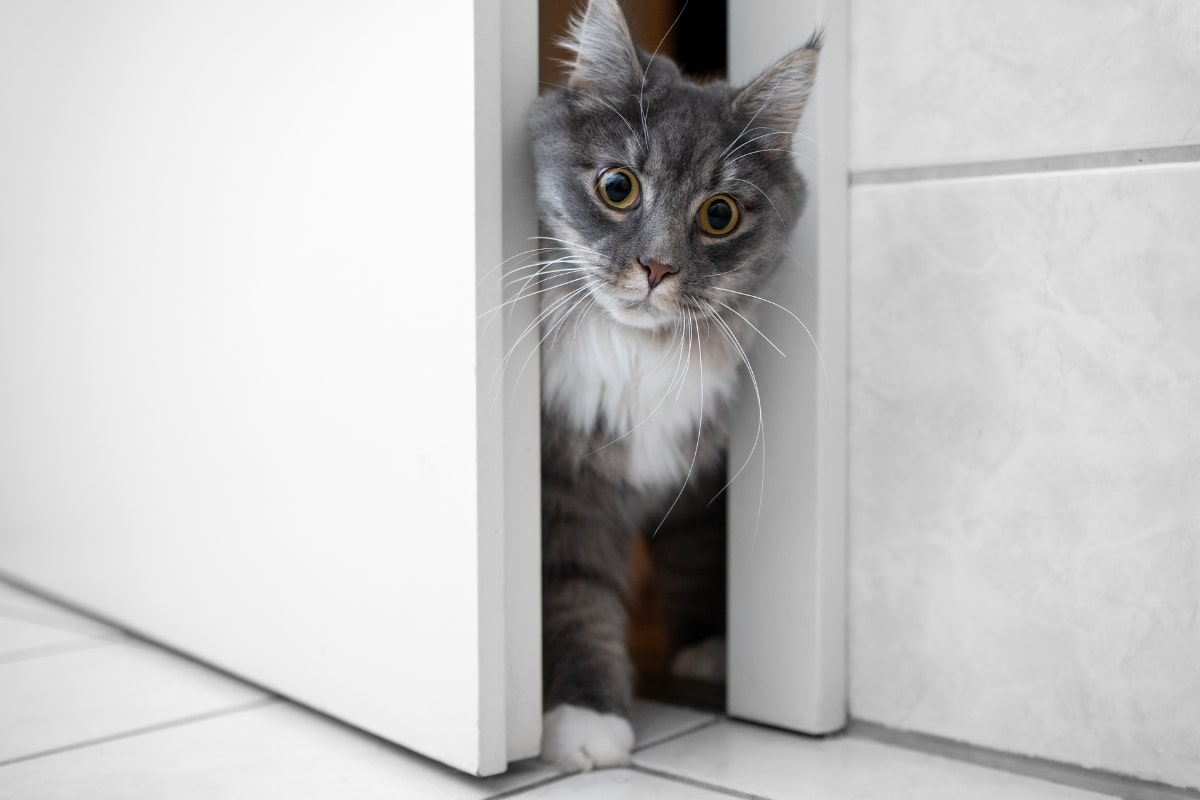
A closed door is merely an obstacle for a cat to get you to remove. They’ll meow or scratch until you oblige and open it, regardless of the time or your convenience. This expectation that barriers will be removed upon request is a clear sign they think they’re in charge.
They Show Affection on Their Own Terms

Cats are affectionate creatures but usually express it when they feel like it. They’ll nuzzle and purr when they’re in the mood but might shy away from your attempts at cuddling if it doesn’t suit them. This selective affection reinforces that they set the terms of the relationship.
Long Live the Feline Rulers!

In the grand scheme of household dynamics, it’s clear that cats hold a special place atop the hierarchy. Their confident demeanor and unapologetic behavior leave little doubt about who they think is in charge. Embracing their quirky dominance can lead to a more harmonious—and entertaining—coexistence. After all, life is never dull when you share your home with a feline monarch.

